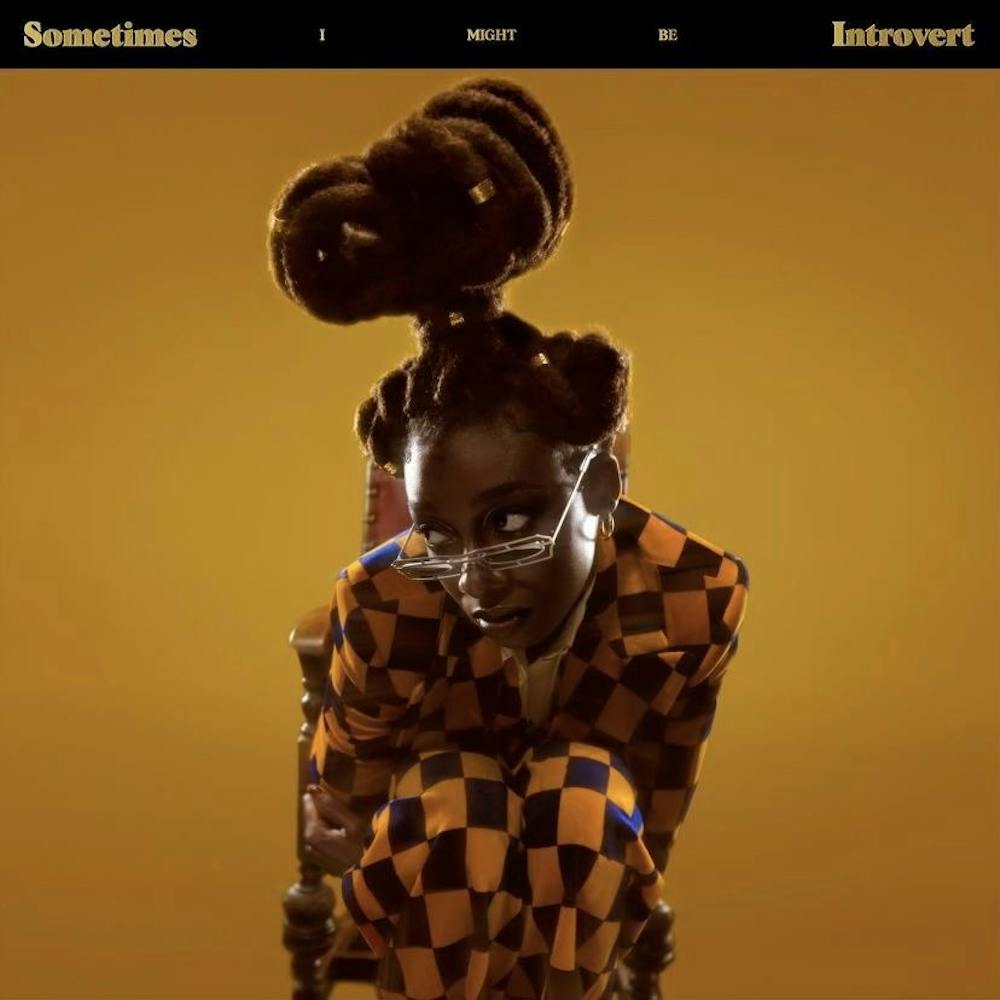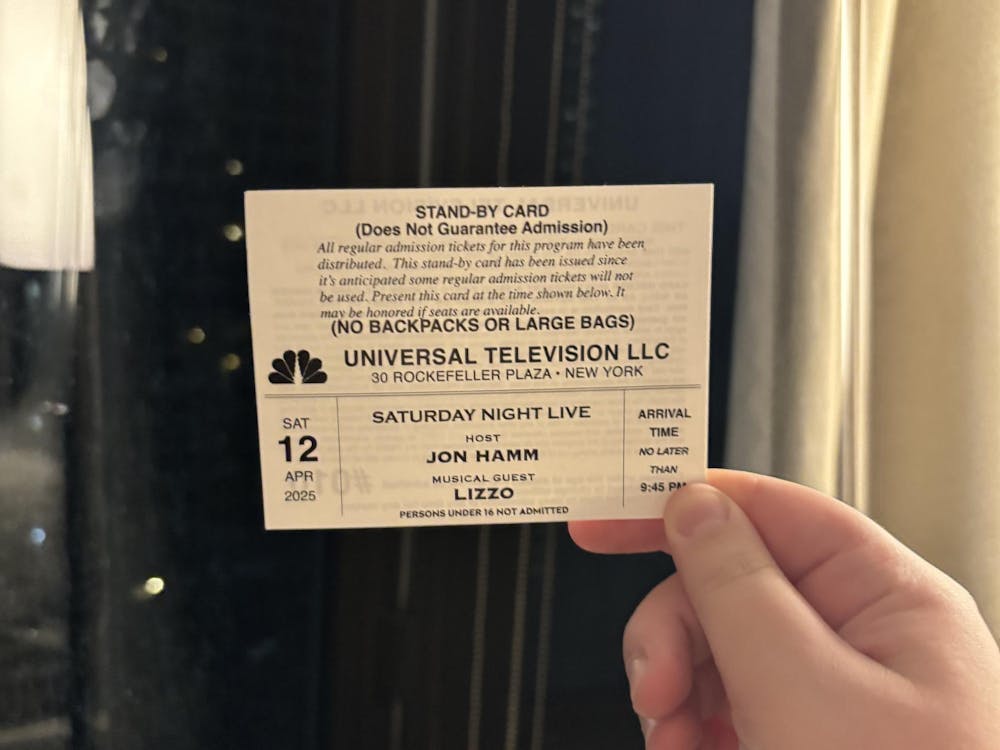Of all the people I expected British rapper Little Simz to collaborate with on her most recent album, “Sometimes I Might Be Introvert,” Princess Diana was at the bottom of my list.
But let’s back up a bit before getting into that.
Little Simz, real name Simbiatu “Simbi” Abisola Abiola Ajikawo, had been a quiet but dominant force in rap and R&B even before her debut album, “A Curious Tale of Trials + Persons,” dropped in 2015 after four mixtapes and five EPs. She pays tribute to herself as the name of her latest album bears her initials (S.I.M.B.I).
A critical darling — none of her projects have pulled anything less than a 7.1 on Pitchfork — she’s nevertheless stayed relatively unknown compared to more mainstream female rappers like Megan Thee Stallion and Cardi B.
Ahead of her new LP’s release, Little Simz experienced a bit of a breakthrough moment as her 2019 song “Venom” went viral on Tiktok this summer. The song embodies everything great about her music— tight, witty lyrics, powerful messaging about female empowerment and a production that alternates between orchestral strings and sinister beats.
On “Sometimes I Might Be Introvert,” Little Simz takes everything that worked in “Venom” and dials it up to a 10.
“Introvert,” the opening track, begins with a simple beat on snares. Over the next minute, low brass, trumpets, cymbals and an entire choir join in before making way for a beat and a guitar. The rest of the song belongs to Little Simz.
“I hate the thought of just being a burden, I hate that these conversations are surfaced,” Simz raps. “Simz the artist, or Simbi the person?”
The six-minute track is a theatrical spectacle that sees Simz deconstructing her fame and her place in the world as a successful Black woman as members of her community suffer. I knew it was a masterpiece less than halfway through my first listen.
Then Diana showed up.
“Your introversion is what led you here,” she says over a dramatic orchestral break. “Intuition protected you along the way.”
Okay, fine, it isn’t actually Princess Diana. But it is the next best thing — Emma Corrin, who played the princess in Season 4 of Netflix’s “The Crown.” She appears five times on the album as a spoken word counterpart to Little Simz on the interlude tracks.
Enjoy what you're reading?
Signup for our newsletter
When an album starts with a home run, I worry the rest won’t live up to my first impression. Little Simz, though, knows how to deliver on a promise of quality.
The album hops back and forth between laid back and anthemic. Tracks like “Woman” and “I See You” bring the energy down to Erykah Badu levels of chill, and songs like “Standing Ovation” with driving beats and in-your-face horns hit all the harder because of it.
It’s strange to talk about an album designed to dissect the idea of introversion as loud, but Little Simz is clearly aware of the juxtaposition. She’s curled up and leaning forward on the cover, taking up as little space as possible, yet she wears a brightly checkered yellow and maroon suit.
“I think I’m being lowkey when I steppin’ in,” she says on “Fear No Man,” a light song with drums that make it impossible to sit still. “But I’m Little Simz, I forgot.”
Even the four interludes, primarily spoken-word tracks featuring Corrin, are full of heart. “Gems - Interlude” in particular is ethereal. Choirs sing indistinct melodies over a flute and chimes while little kids say “Your heart will guide you, Simz,” and Corrin advises us to “Take your time, inhale, exhale, breathe.”
“I think I’m Kanye West, I see the blood on the leaves,” Simz raps on “Speed,” a song with lyrics that bite and a production that softens the blow. Unlike West, though, Simz knows how to open an album with an anthem, not a full minute of a disembodied woman repeating the project’s name.
“Sometimes I Might Be Introvert,” ends on a decidedly quieter note than it begins with “Miss Misunderstood,” one of my least favorite tracks, but Simz makes it clear the spectacle of “Introvert” is Little Simz the artist.
“There go little Simbi from around the way,” she raps. “She wanted the credibility, never cared for the fame.”
By the end of nineteen tracks, she’s ready to go back to being Simbi the person.




